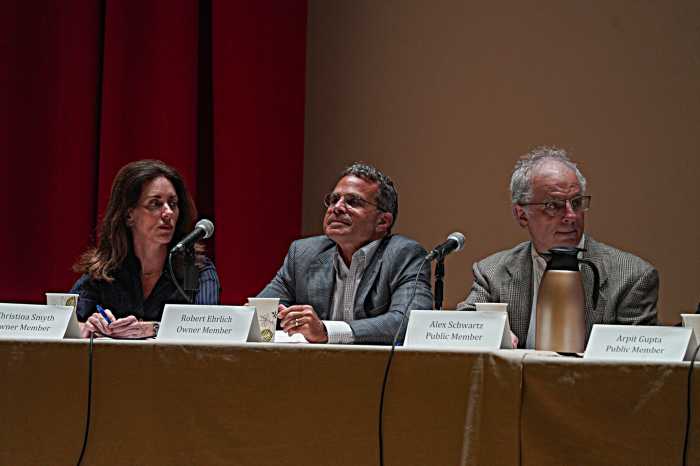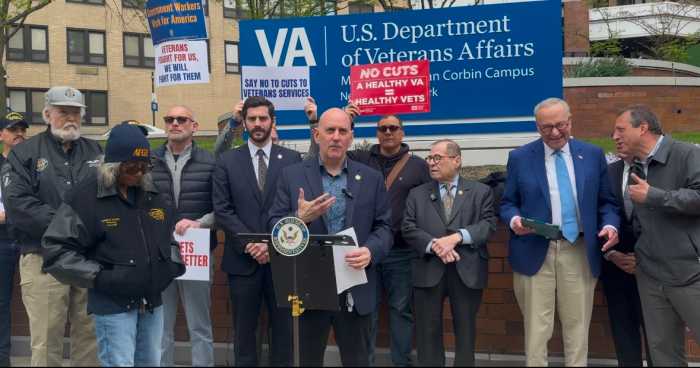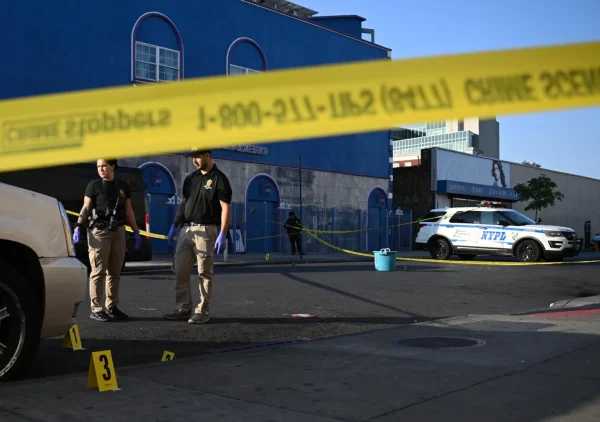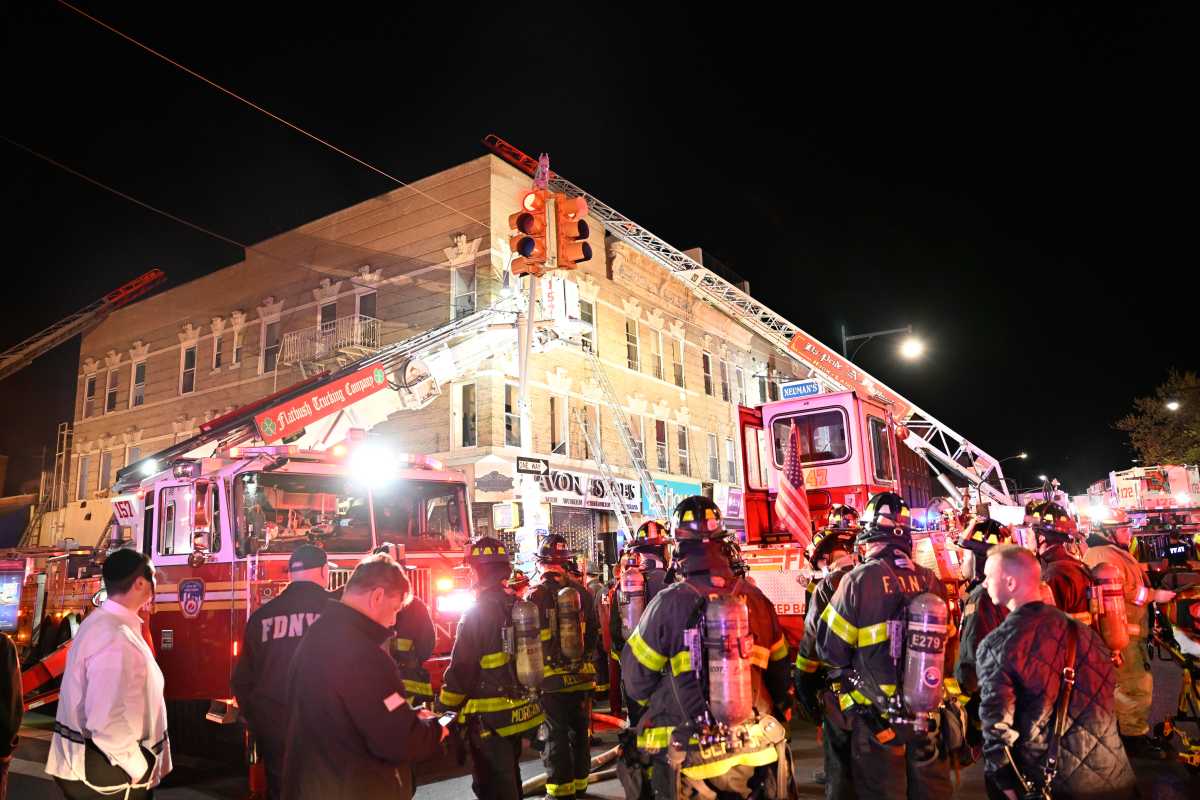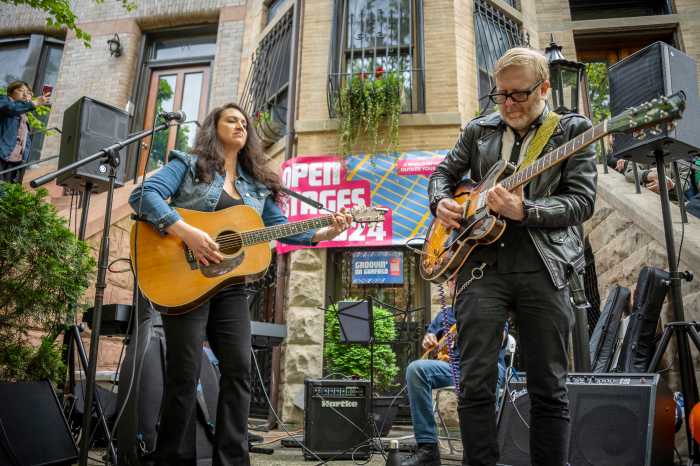
The ongoing federal government shutdown will create an immediate danger for New Yorkers battling opioid addiction, Sen. Chuck Schumer warned Sunday.
The U.S. Drug Enforcement Administration is among the many agencies affected by the longest shutdown in U.S. history, and as a result cannot streamline the process to provide medical professionals with anti-opioid drugs such as Buprenorphine, according to the senator. Schumer (D-N.Y.) called on the president to end the shutdown and allow the agency to get back to work helping save lives.
"Simply put, the DEA, in many ways, holds the keys to accessing critical anti-opioid treatment drugs that New York City and Long Island patients and doctors need to combat this deadly scourge," Schumer said in a statement. "And so we need them fully open and running to put those keys back into the hands of the New York doctors who save lives, and the patients who are fighting to get better.”
Doctors, nurses and other health professionals must be approved by the DEA to prescribe Buprenorphine and are allowed to do so for 30 patients in their first year of approval, according to Schumer’s office. After an additional approval from the DEA, they can prescribe it for up to 100 patients in the following years.
The senator’s office said medical offices and doctors have been unable to contact the DEA and verify their registrations, and provide their patients with the help to fight their addictions.
Schumer said the crisis has hit New York hard as the city’s health department reported an increase in unintentional drug overdose deaths, rising from 937 in 2015 to 1,374 in 2016.



